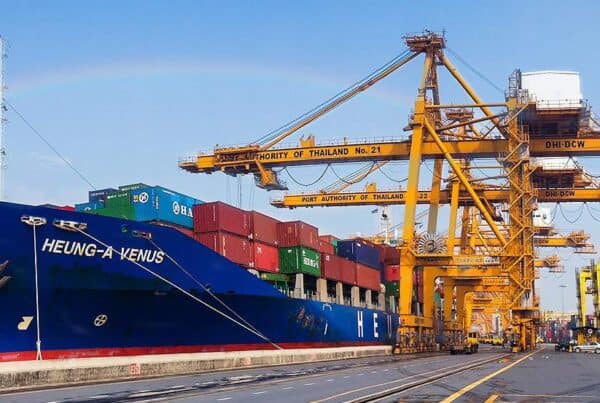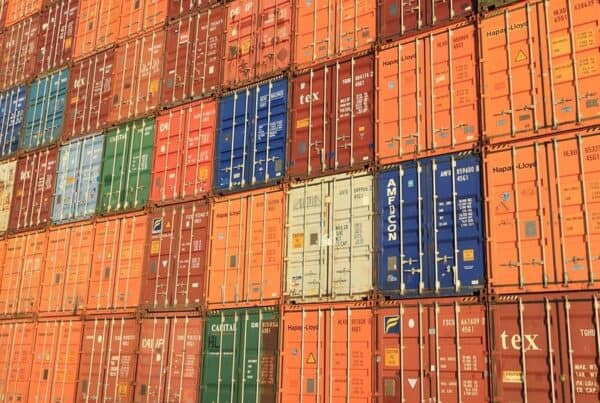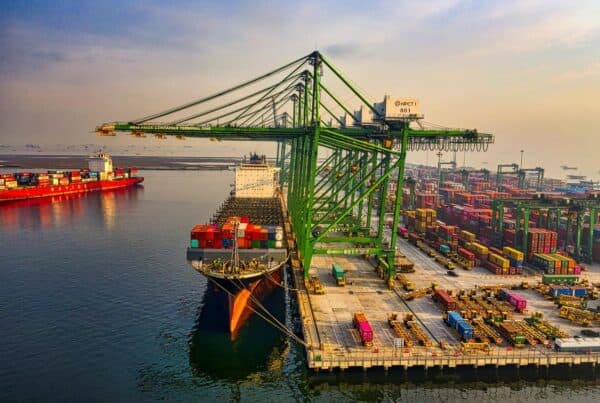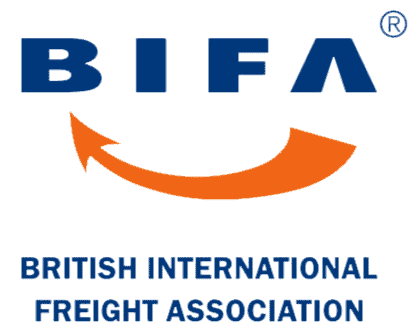As most importers from China will already know, there are no free trade agreements between the UK and the People’s Republic. That said, the European Union does not have one with China, either. In fact, China only has free trade deals with the Association of Southeast Asian Nations (ASEAN) along with a few other countries, such as Korea and Pakistan. As such, you might think there is no difference when it comes to trading with Chinese suppliers in the post-Brexit world. That’s understandable but it isn’t the full picture either.
Firstly, it is important to note that Switzerland – a country outside of the EU but which maintains many of the same standards as the bloc – has had a free trade deal with China since 2013. However, it cannot simply act as an unfettered entry point for Chinese goods into the EU. Items that are sold to Swiss companies from China are not allowed to simply be sold on to firms from EU member states. In other words, tariffs would apply if a Swiss company exported items it had sourced in China and imported them directly into the EU.
The same principle applies in the UK. Although the UK has not departed very greatly from the trading standards it had when it was an EU member, British companies are simply not allowed to sell to European countries without origin of good checks being made. In other words, if you were to buy an item from China and sell it to an EU customer, you would need to declare where it was from and pay duty. False declarations could end up with legal proceedings being taken against you.
Get In Touch For More Information
Call: 01268 525 444
So, the post Brexit trading arrangements between the UK and the EU may have changed but that doesn’t mean British businesses cannot source products and components from China and ship them over. In the UK, the UK Global Tariff (UKGT) system applies to China which includes some classes of goods that are limited by tariff quotas. Consequently, any business that is seeking to import from China must consider their import duties, including VAT. Purchasing from a Chinese supplier for one-off items for personal use may be subject to an exemption but as soon as imported goods are to be used or sold in a business, then you have to take on board all of the rules.
This is beyond many small and medium enterprises (SMEs). Usually, SMEs do not have the manpower or other resources to make all the necessary checks and declarations, especially if they only go through the process a few times a year. That’s why Barrington Freight’s freight forwarding service can be so beneficial. Not only do we help SMEs to obtain the most cost-effective service for their consignment, be it by sea or air freight, but we can also ensure their goods are not unduly delayed by HMRC once they arrive in the UK. Furthermore, businesses that want to resell goods or use components that will ultimately end up in products sold to the EU will need our expertise to ensure they have made the right declarations prior to their export.
Why not give us a call to see how we can help you import from China successfully while remaining compliant with UK law and EU regulations?






